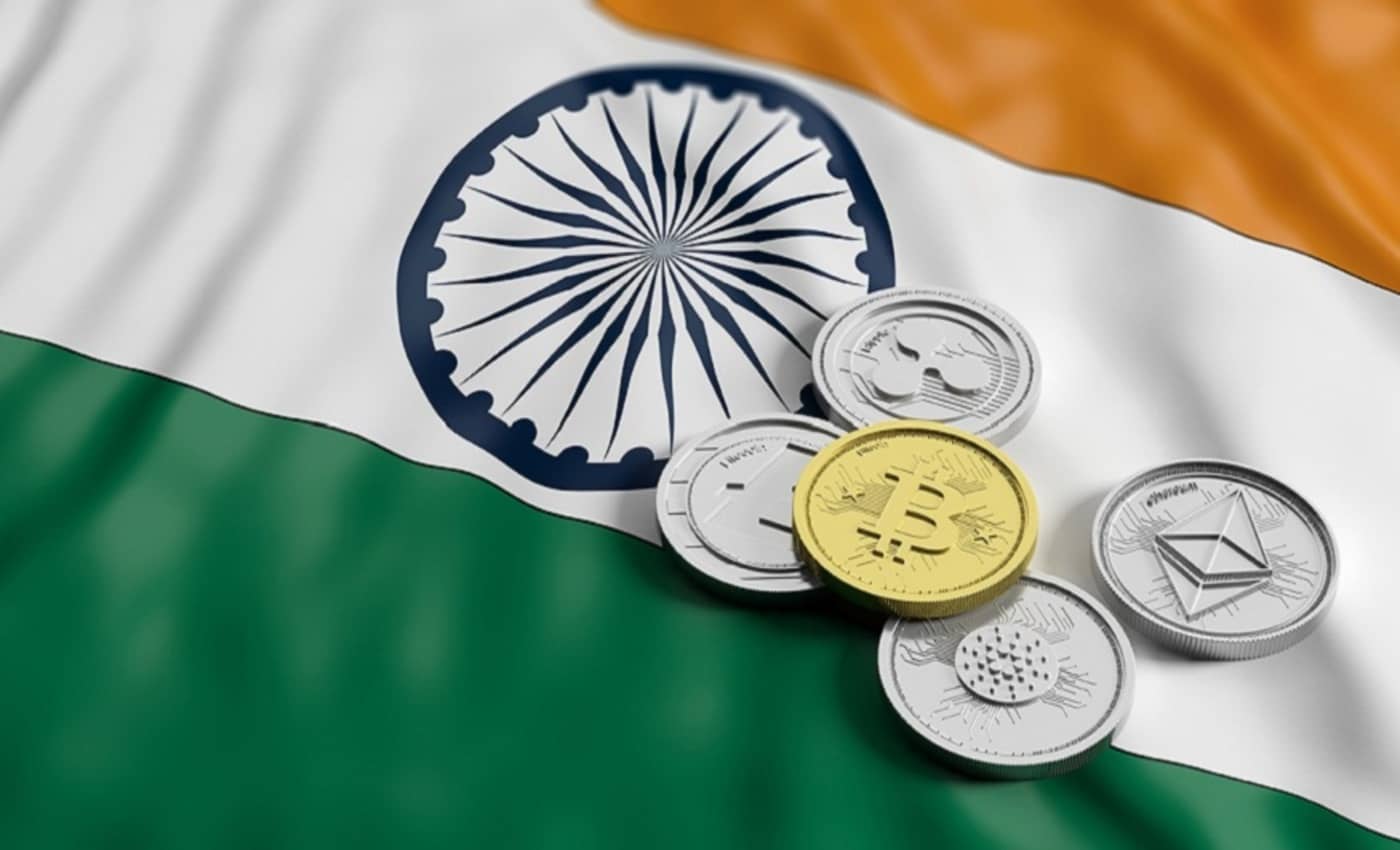
India’s Union Budget for 2023 did not change its restrictive crypto tax laws, dashing the hopes of India’s cryptocurrency investors. The Indian crypto community had expected the massive crypto tax introduced in March last year to end. On February 1, India’s finance minister, Nirmala Sitharaman, unveiled the country’s new budget, which includes major changes to income tax slabs.
The latest Union Budget has benefited the middle class with a revised tax slab that provides income tax relief to them. However, during the unveiling, the minister did not mention cryptocurrency, blockchain tech, central bank digital currencies (digital rupees), or virtual digital assets.
In 2022, India imposed a 30% tax on crypto profits and a 1% Tax Deducted at Source (TDS) on all transactions for the cryptocurrency sector, unchanged this season. This spells more suffering for the already troubled crypto market in India.
TDS is the income tax deducted from the amount paid during certain payments. Under this concept, if a person (deductee) owes a certain amount to another person (deductor), tax has to be deducted from him at source and submitted to the central government.
The main purpose of implementing TDS on all crypto transactions was to identify the total number of Indian citizens who were actively using digital currency.
Following the implementation of stricter tax laws last year, digital currency trading volume plummeted almost immediately. According to Esya Center research, in just nine months after the announcement, Indians moved from local to international crypto exchanges with over $3.8 billion in trading volume.
Rajagopal Menon, Vice President of the digital currency platform WazirX, said:
The budget will not have any more negative consequences for the crypto industry. Since 2017, last year was the worst year on record; any change will be for the better. Trade volumes on Indian exchanges may remain flat at rock bottom.
Former Indian Finance Minister Subhash Chandra Garg has previously mentioned that the crypto tax needs more clarity.
Breaking🚨
The former Finance secretary of India🇮🇳 Mr Subhash Chandra Garg says “Crypto taxes need a lot more clarity & he might not see any new changes in the upcoming budget 2023”.
What are your thoughts💬? pic.twitter.com/eVXE0sC6Pl
— KoinX (@getkoinx) January 30, 2023
No Crypto Gains, Only Pain
The ongoing “Crypto Winter” and crypto scams have destroyed the crypto industry worldwide. However, these results have prompted governments to ensure investor protection by banning these digital currencies or imposing heavy taxes, as in India.
Another reason behind the lack of digital currency in the union budget could be India’s focus on adopting a global approach to digital currency regulation.
India’s Prime Minister Narendra Modi said that without global coordination, the digital currency industry would not be able to overcome its problems and prosper. Sitharaman echoed this sentiment in 2022 when India took over the presidency of the G20, and she said that how to regulate crypto would be one of India’s preferences.
“How can India propose changes or new rules when it has publicly stated the need for global coordination that it’s discussing at ongoing G-20 meetings which will only end in September,” said a person familiar with India’s G-20 work.”
Tech entrepreneur and blockchain influencer Pushpendra Singh expects that the government is still waiting for the report of its already-established digital currency committee.
Pushpendra stated:
“The finance minister has not announced anything related to crypto tax because the government is waiting for the committee reports as per my understanding. The Indian government has made one committee to study crypto.”
The primary demand from industry experts is to reduce TDS from 1% per transaction to 0.01%, or at least 0.1%. They also recommend the introduction of progressive taxes on profits instead of a flat tax of 30%.








